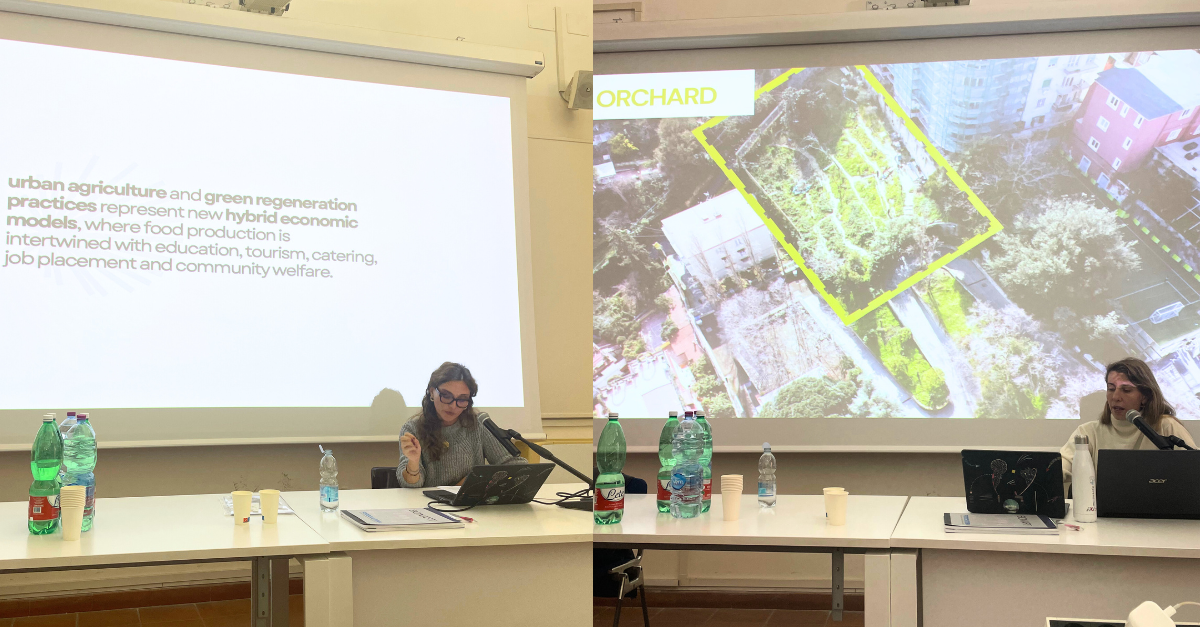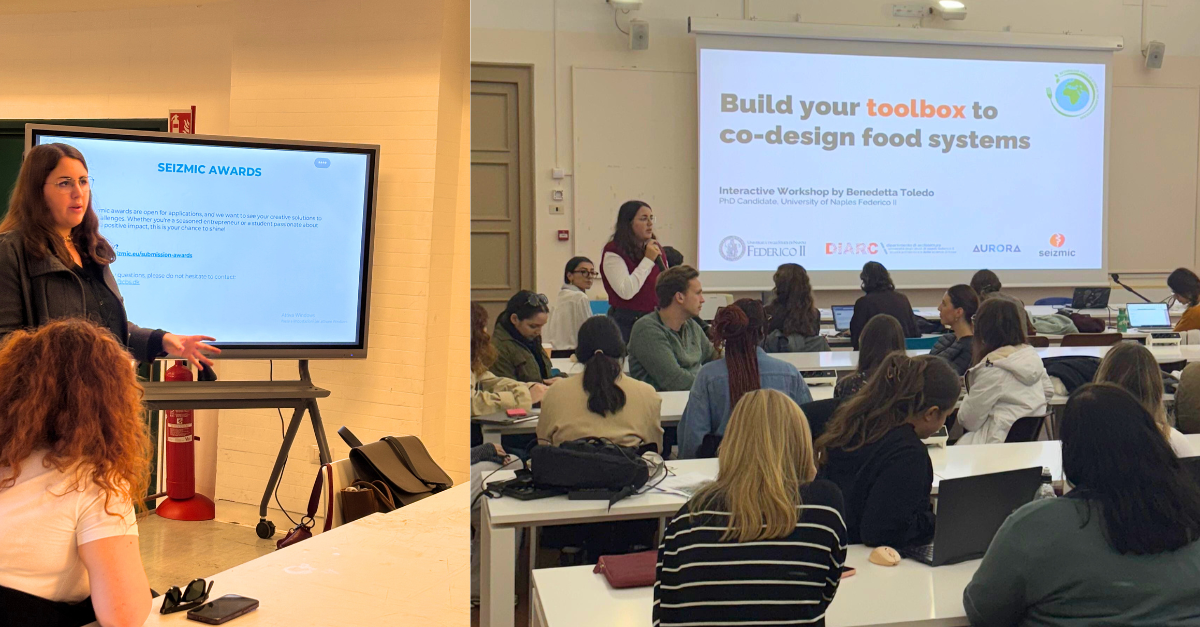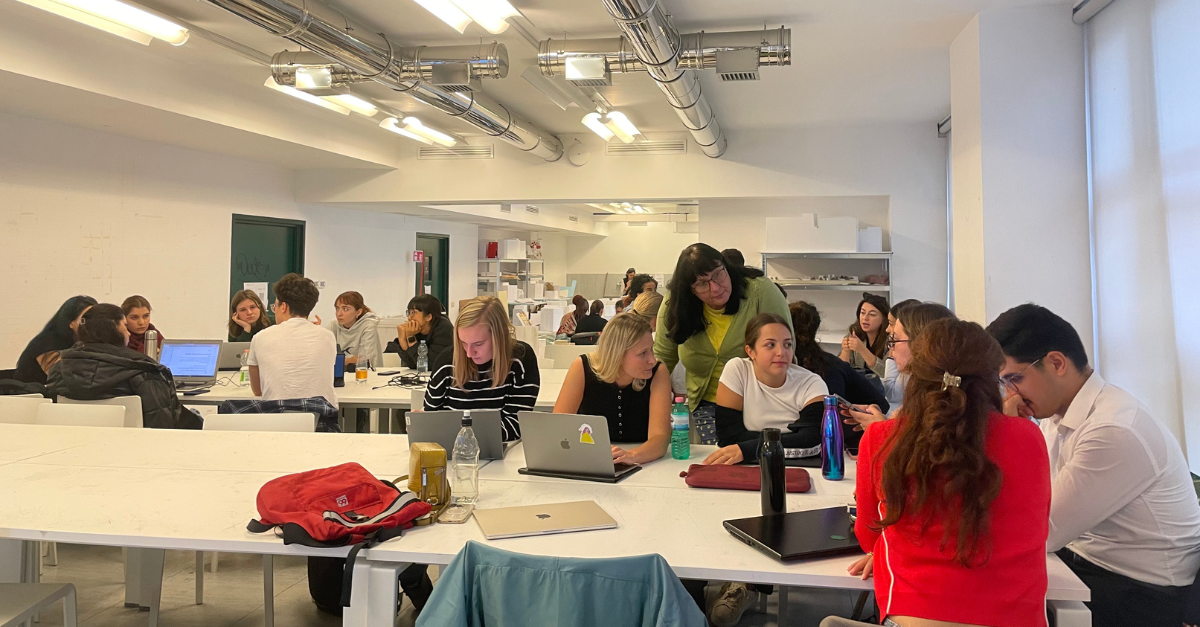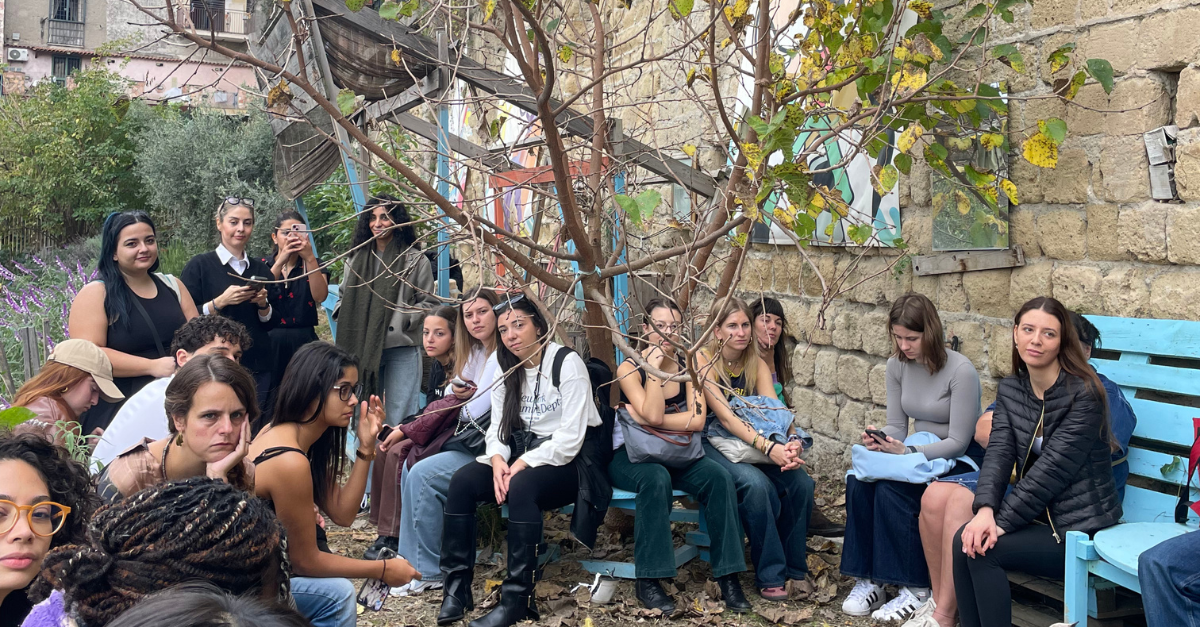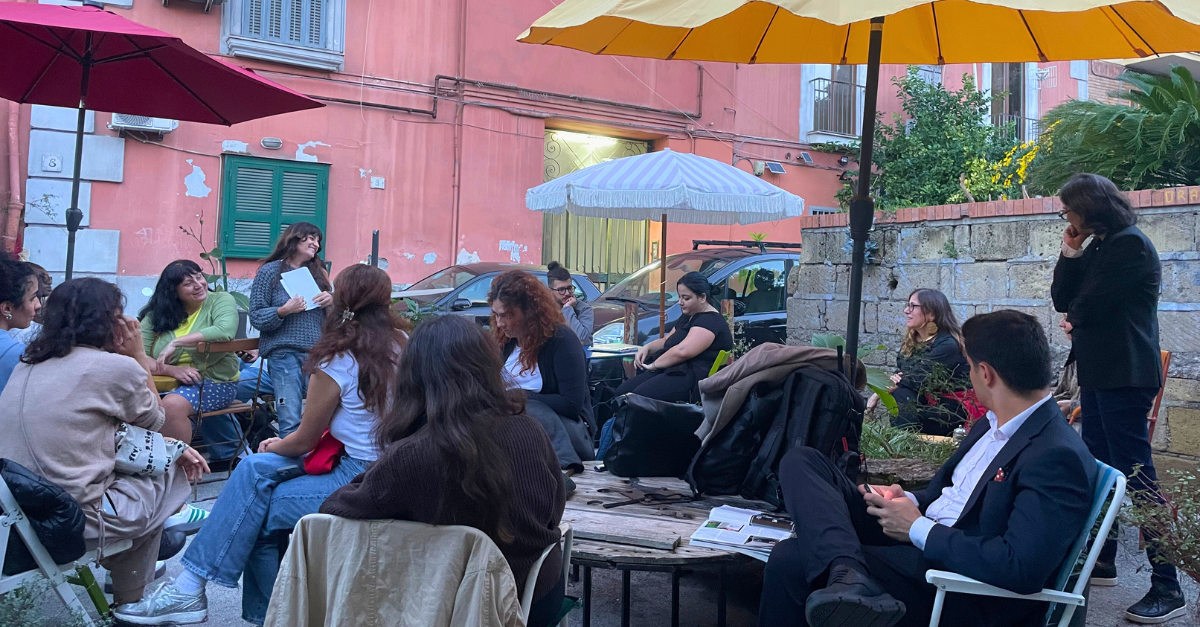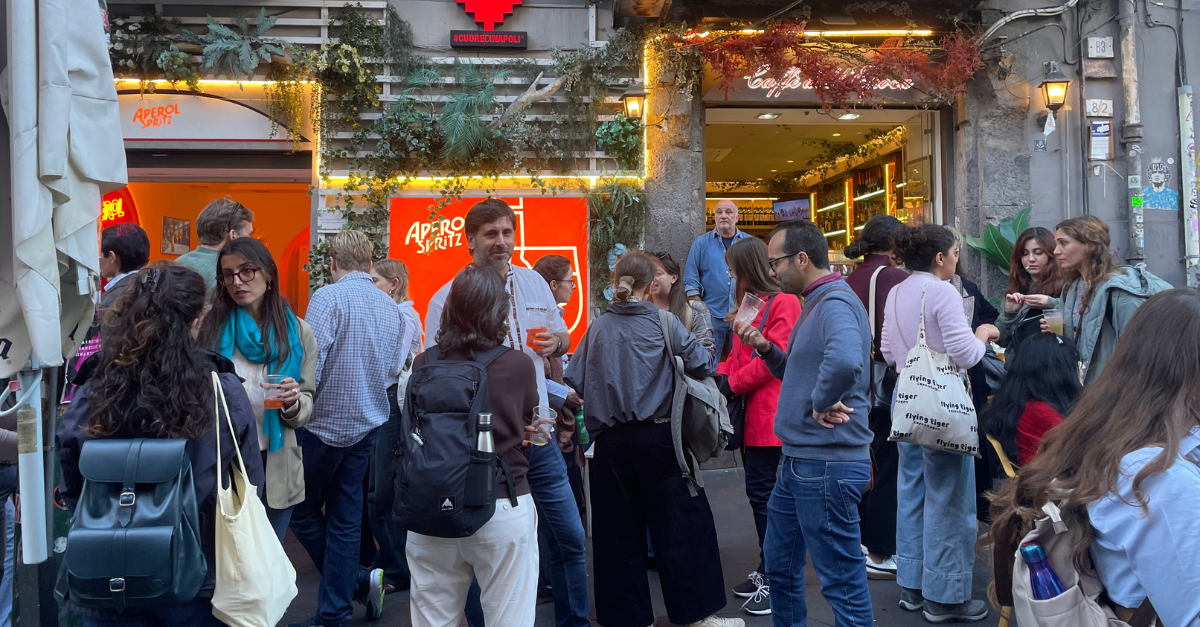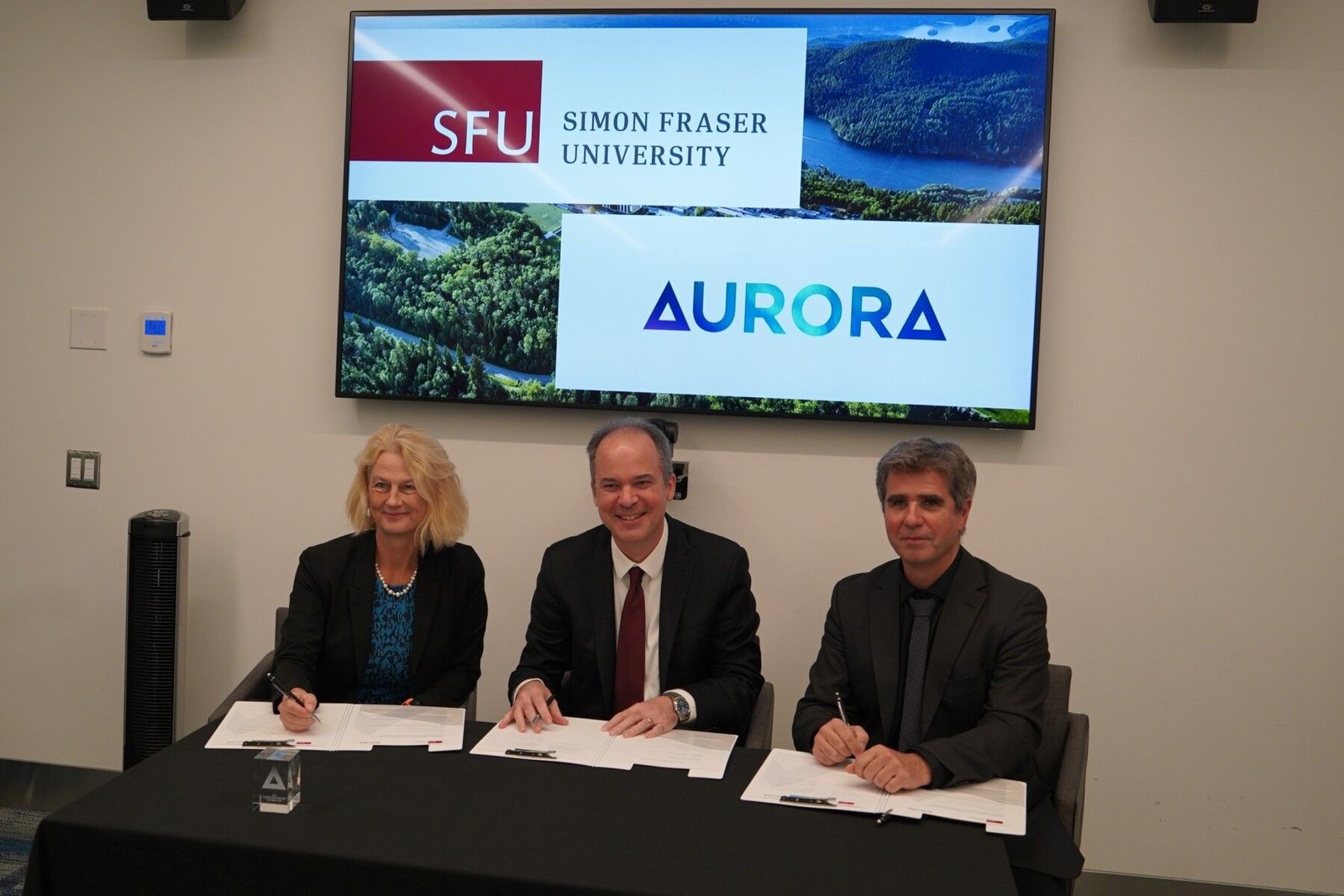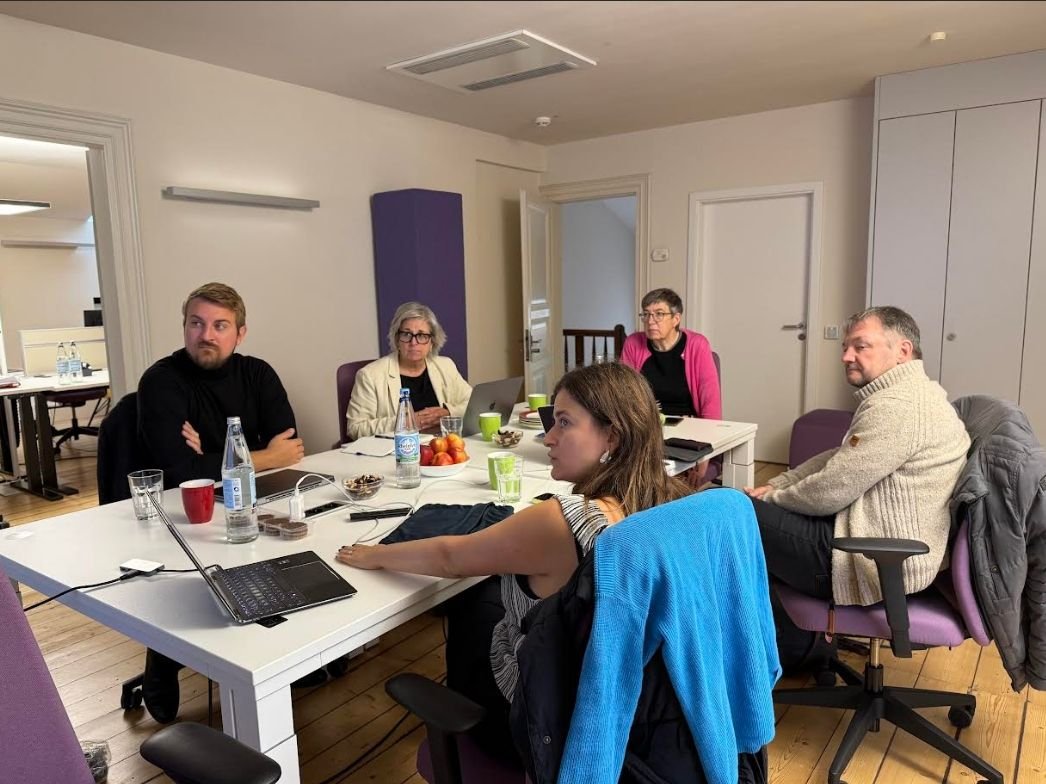Micro-credentials are rapidly transforming higher education in Europe. As certified, small-scale learning units with clearly documented and assessed learning outcomes, they offer a flexible, inclusive, and responsive way for learners to acquire relevant competences. Within Aurora, micro-credentials play a vital role in shaping the inter-university campus of the future – one that is modular, transdisciplinary, and accessible across borders.

Christina Raab from Universität Innsbruck presents the Aurora Guidelines for Micro-credentials
The newly developed Aurora Guidelines for Micro-credentials provide a shared framework for designing, issuing, and recognising these qualifications across partner universities. Grounded in the European Council’s Recommendations and driven by Aurora’s mission for societal impact, these guidelines aim to harmonise practices and strengthen collaboration throughout the alliance.
A European Approach for a Changing Learning Landscape
Micro-credentials have emerged as important instruments to support lifelong learning, upskilling, and mobility within the European Higher Education Area. They allow learners to engage in small-scale learning experiences while ensuring that the acquired competences and knowledge are quality-assured, portable, transparent and stackable.
For Aurora, micro-credentials are more than just short courses. They are building blocks for a European inter-university campus:
- Gateways to flexible participation across institutions
- Tools for harmonising recognition and mobility
- Foundations for socially impactful, transdisciplinary education.
The alliance’s decision to develop shared guidelines stems from the need to remove structural and technical barriers, align institutional practices, and ensure that learners can benefit from high-quality, jointly recognised opportunities – regardless of where they begin their studies.
These guidelines fully align with the 2022 Council Recommendation on a European approach to micro-credentials, as well as the principles of the European Qualification Framework (EQF), National Qualifications Frameworks, and the European Standards and Guidelines for Quality Assurance (ESG).
Designing Micro-Credentials for Quality, Transparency, and Impact
Aurora micro-credentials follow a set of shared principles to ensure comparability and quality across universities:
- Learning outcomes-based design: Each micro-credential integrates subject-specific and transversal competences, drawing on frameworks such as the Aurora Competence Framework, LOUIS, BEVI, and seizmic
- Standardised size and structure: Typically 3 to 10 ECTS credits, documented according to the standard elements defined by the European Council Recommendation
- Quality assurance: Each issuing university applies its institutional QA processes, guided by ESG standards and national regulations
- Levels of Aurorisation: Micro-credentials must reach at least Level 2 – meaning they are aligned with an Aurora Educational Hub, an SDG, and at least one key competence, ensuring a clear connection to Aurora’s mission and pedagogical standards.
Together, these principles ensure that every Aurora micro-credential is robust, comparable, and recognised across the alliance and beyond.

Aurora Academic Matchmaking Retreat where the Aurora Guidelines for Micro-credentials were presented
Collaboration Across Borders: How Joint Micro-Credentials Are Built
Joint micro-credentials are co-designed within Aurora’s Educational Hubs, where academics collaboratively develop content, align learning outcomes, and agree on assessment methods. “Joint” may also simply refer to the fact that participating students can come from all Aurora universities. While co-creation in the development process is the intended goal, it is not an absolute requirement for every joint micro-credential. Each participating university quality-assures the components it teaches, while one or more designated universities act as the official issuers. Because not every partner institution is equally positioned or technically equipped to issue micro-credentials, issuing responsibilities are assigned based on regulatory and technical feasibility. This collaborative model – anchored in mutual trust and transparent procedures – allows learners to combine learning units across institutions and receive a single, high-quality, jointly recognised credential.
To ensure consistency and support continuous development, Aurora’s Micro-Credential Coordination Committee (Aurora-MCC) – formally established in November 2025 – serves as a central body for coordination, expertise, and peer learning. Rather than enforcing compliance, the committee fosters a shared ecosystem, promoting visibility, interoperability, and alignment across work packages.
Digital Solutions for a Seamless Learning Experience
Technology is central to Aurora’s micro-credential ecosystem. The Aurora Virtual Campus serves as the central platform for publishing, accessing, and promoting Aurora micro-credentials. The corresponding courses will be displayed in the Aurora Joint Course Catalogue, enhancing visibility, transparency, and open participation for Aurora students and staff.
Aurora universities currently issue micro-credentials in two primary formats:
- Digitally signed (e-sealed) PDF certificates, and
- Secure digital badges, compliant with EU interoperability and data protection standards.
Looking ahead, the alliance aims to adopt European Digital Credentials (EDC) and digital wallets, enabling learners to securely store, manage, and share their achievements across Europe.
These digital solutions reinforce learner ownership, transparency, and employability -supporting a truly borderless learning experience.
Next Steps: Harmonisation, Visibility, and Future Readiness
Implementation of the guidelines will progress through several key actions:
- Mapping existing micro-credentials and aligning them with Aurora standards
- Increasing visibility through the Aurora Virtual Campus and shared catalogue
- Developing shared workflows for issuing, recognition, and interoperability
- Establishing a regular review and peer-learning cycle under the Aurora-MCC.
By 2030, micro-credentials are expected to become a core element of Aurora’s inter-university campus model. They will support personalised learning pathways, enable digital and physical mobility, and strengthen the alliance’s mission to foster research-driven, socially impactful education across Europe. Aurora also plans to expand micro-credentials into non-formal learning spaces and diverse learner communities, promoting access, inclusion, and lifelong learning.
Reflections: Opportunities and Challenges Ahead
The movement toward micro-credentials brings immense promise. They empower learners to design their own pathways, support cross-institutional collaboration, and encourage institutions to adopt more flexible, outcome-based approaches to teaching, learning and recognition. They also help connect formal and non-formallearning in more seamless ways.
Yet challenges persist. Aligning institutional regulations, recognition procedures, and digital infrastructures remains complex. Equally important are the cultural aspects: varying understandings of learning, hesitations around new practices, and the natural pull toward familiar institutional traditions.
Overcoming these challenges requires openness, trust, and a shared commitment to innovation. For Aurora, the path forward is clear: building a flexible, interoperable, and learner-centred ecosystem that supports Higher Education’s transformation in an era of continuous change.
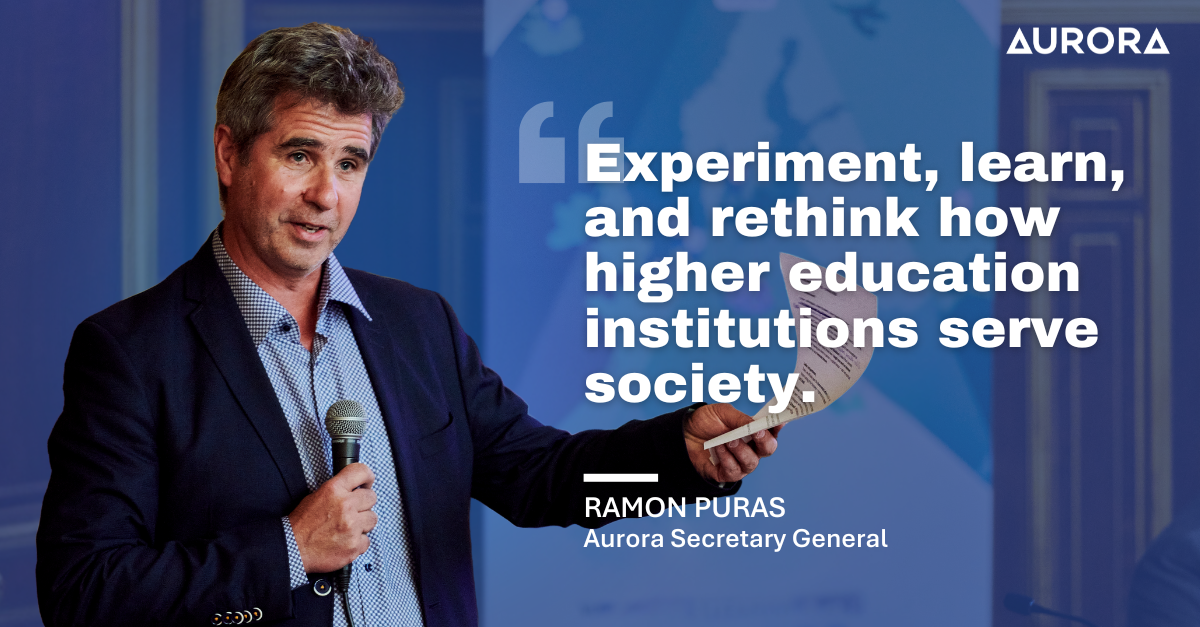
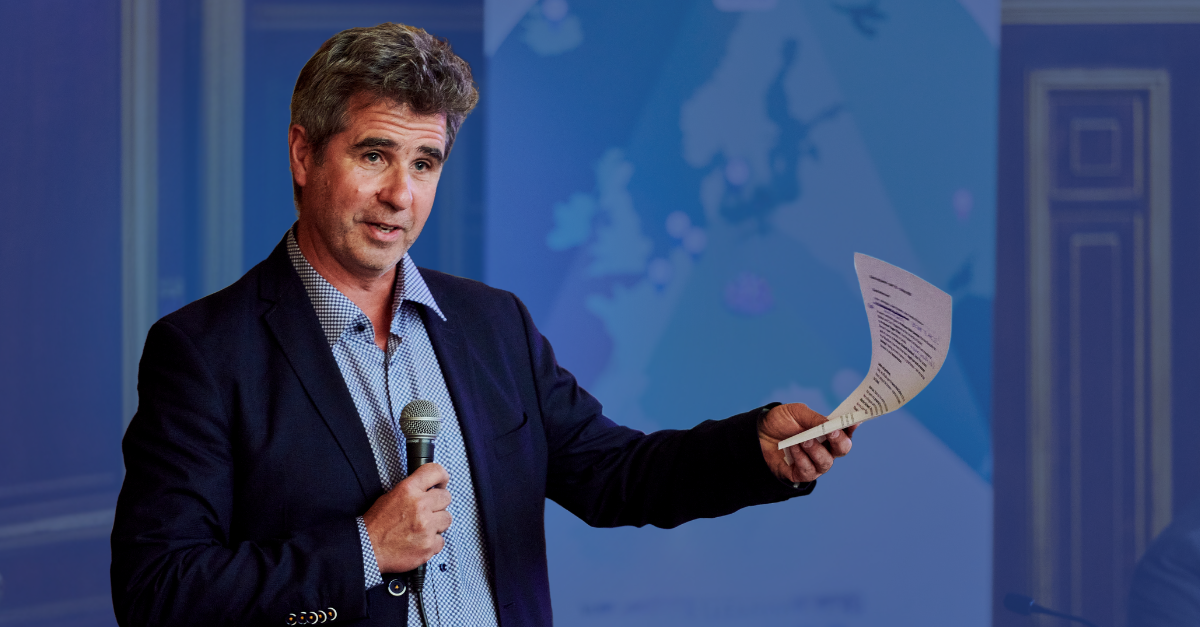
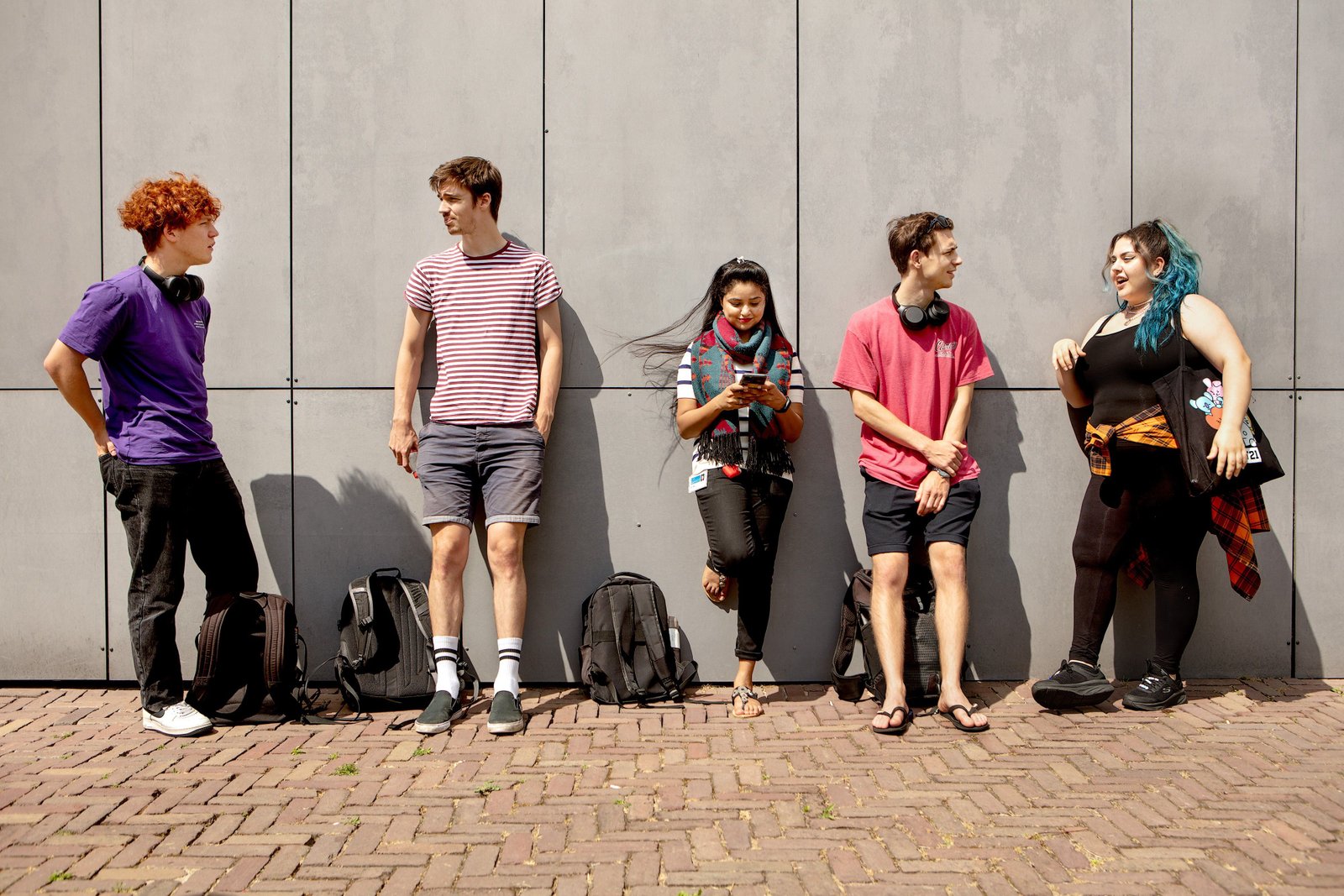
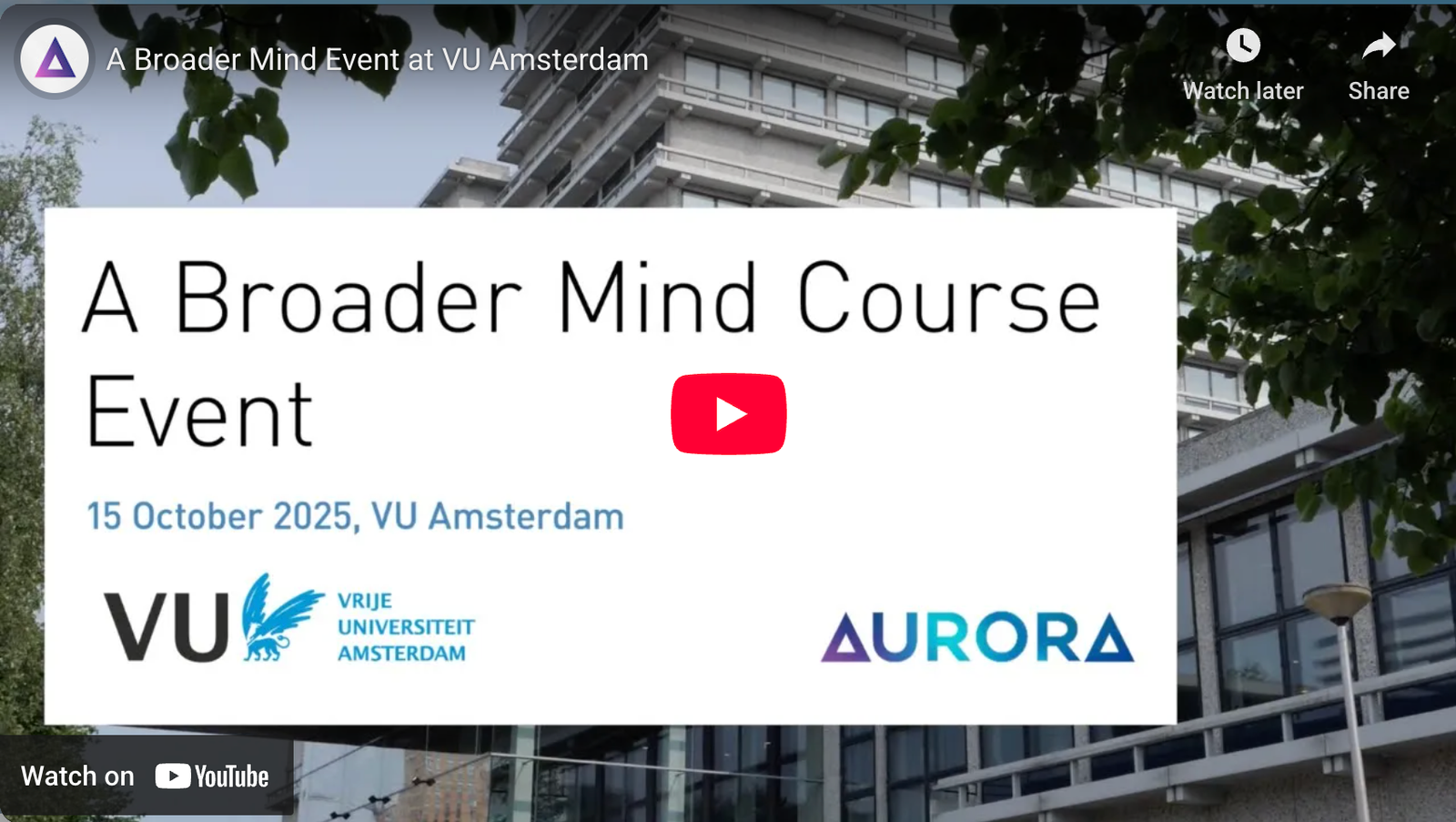
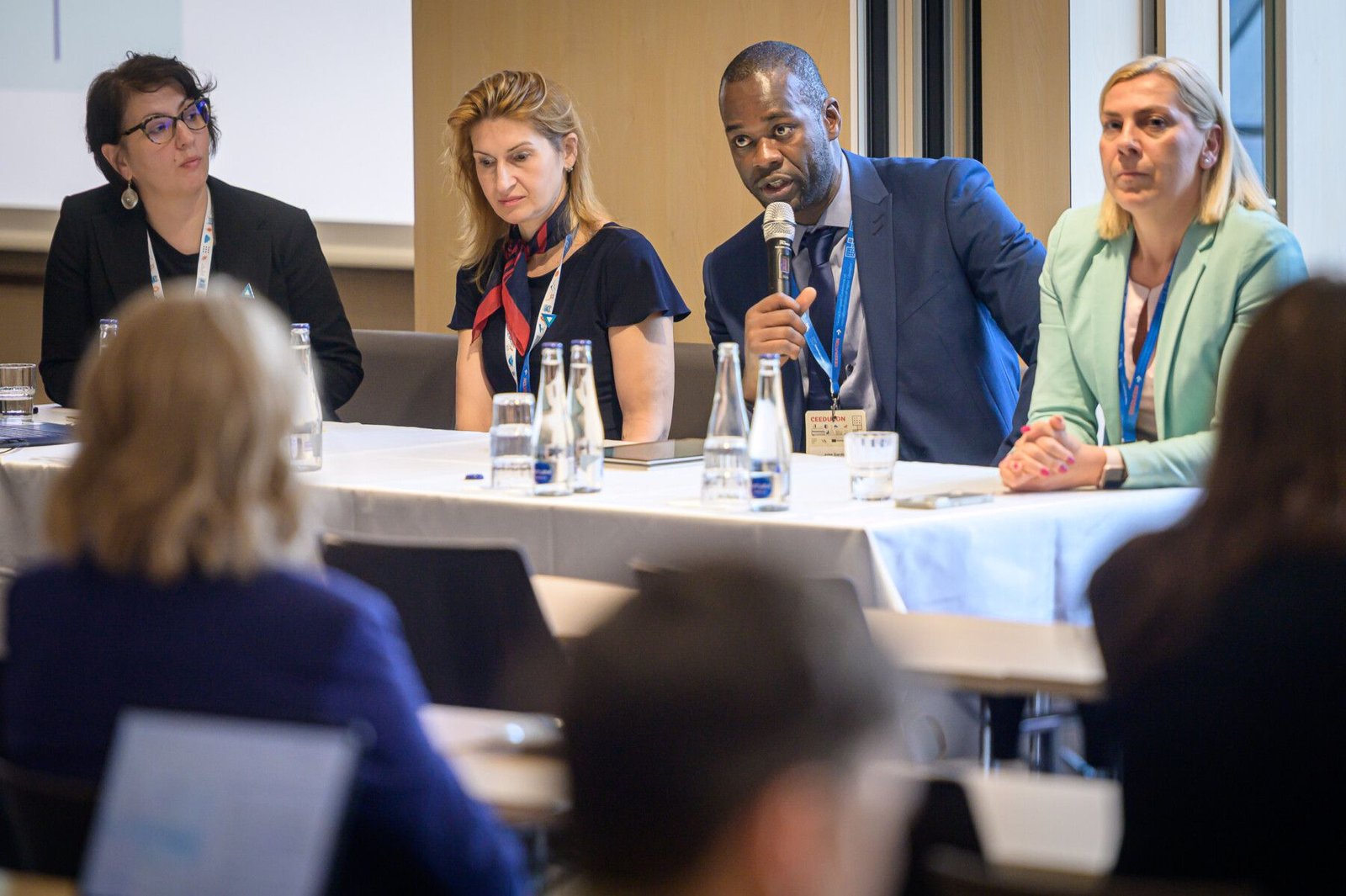
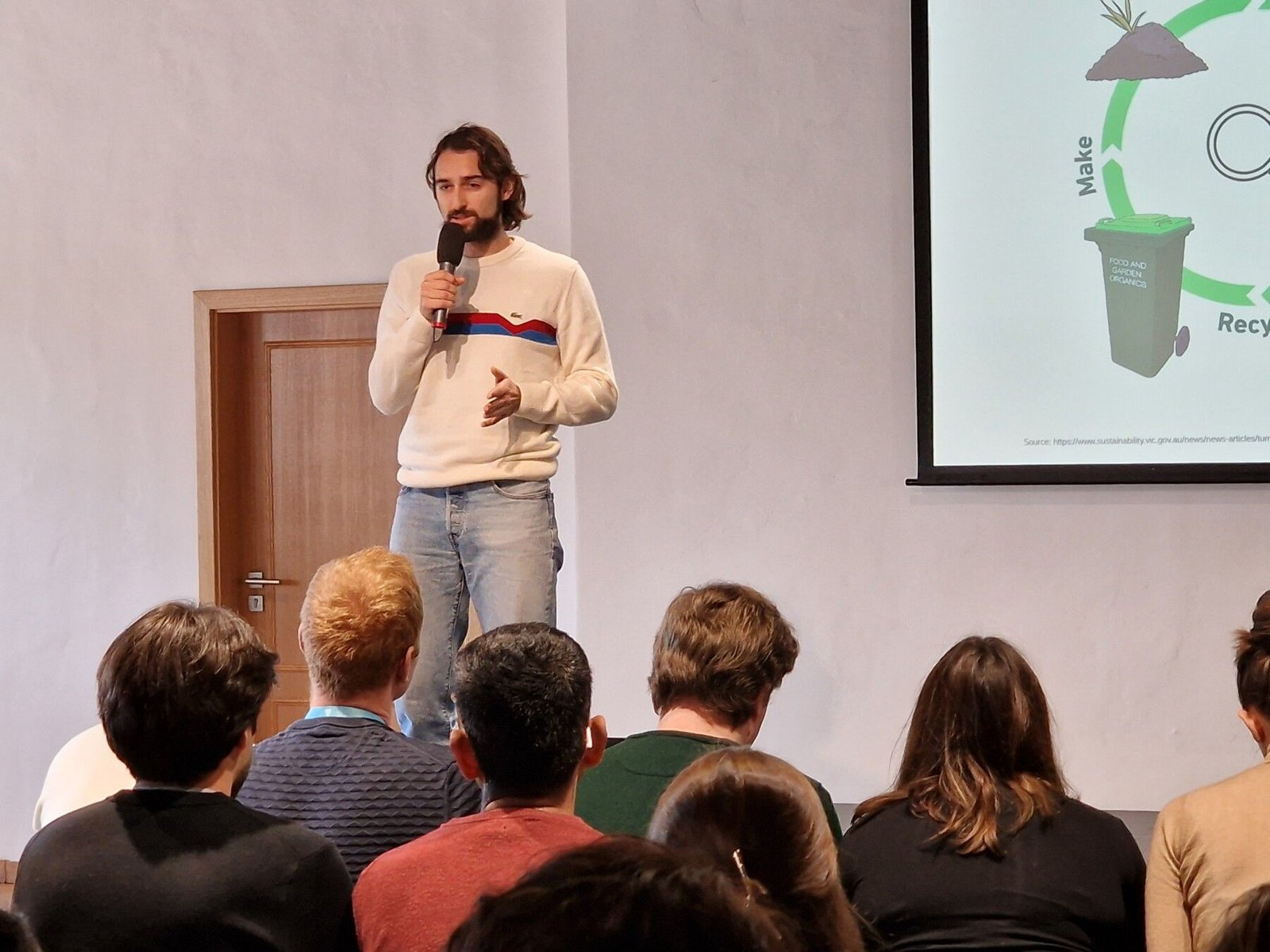
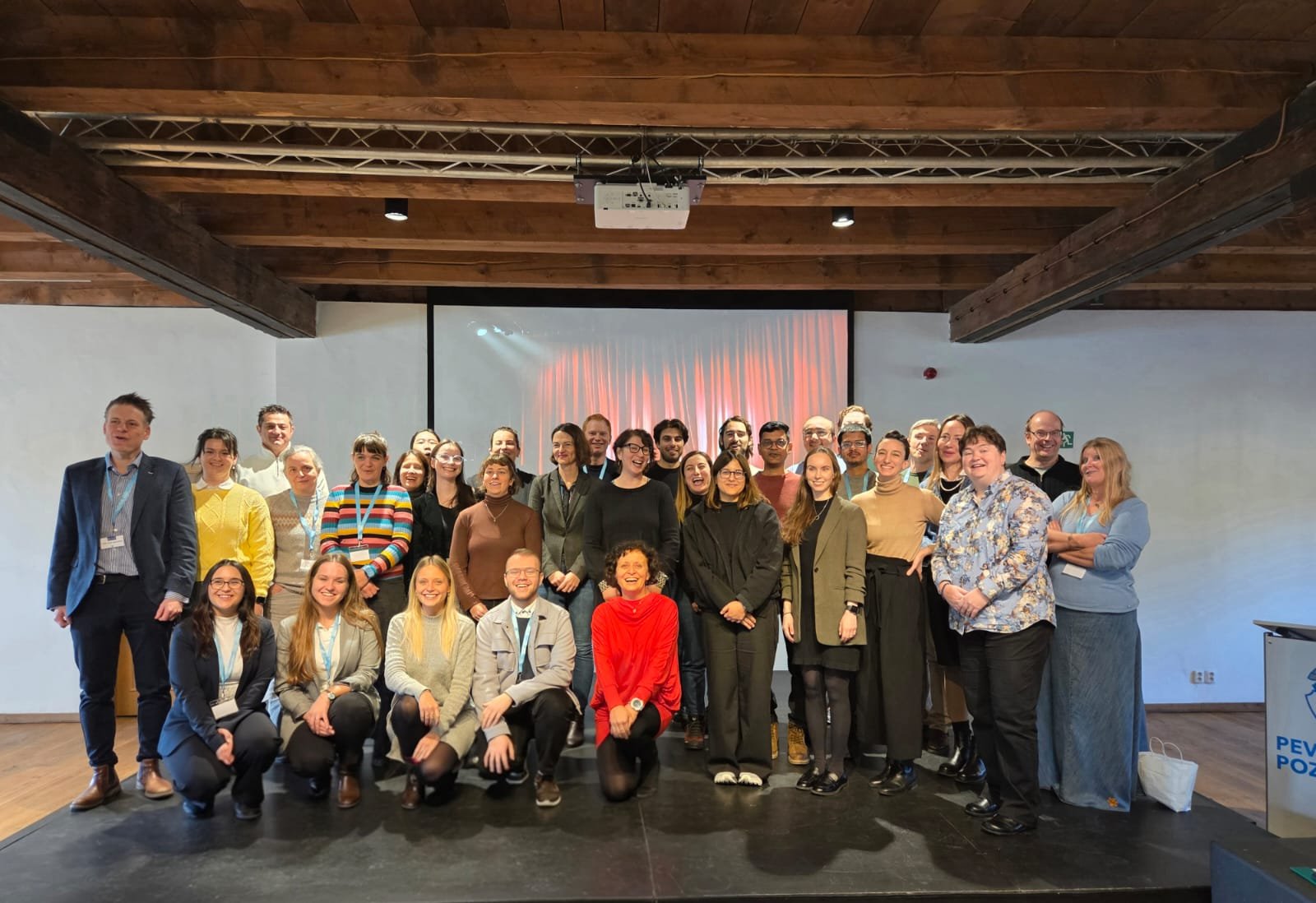
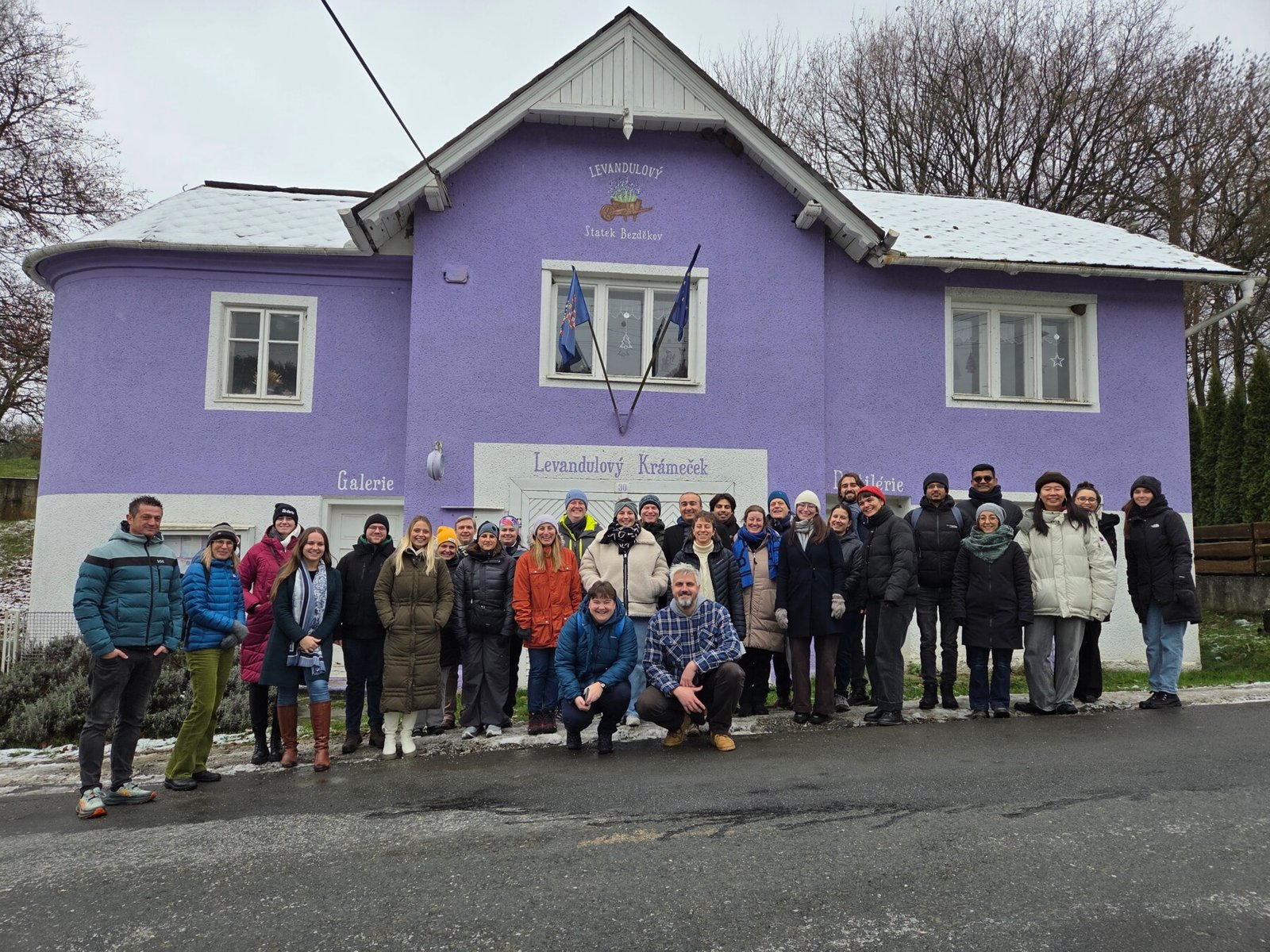
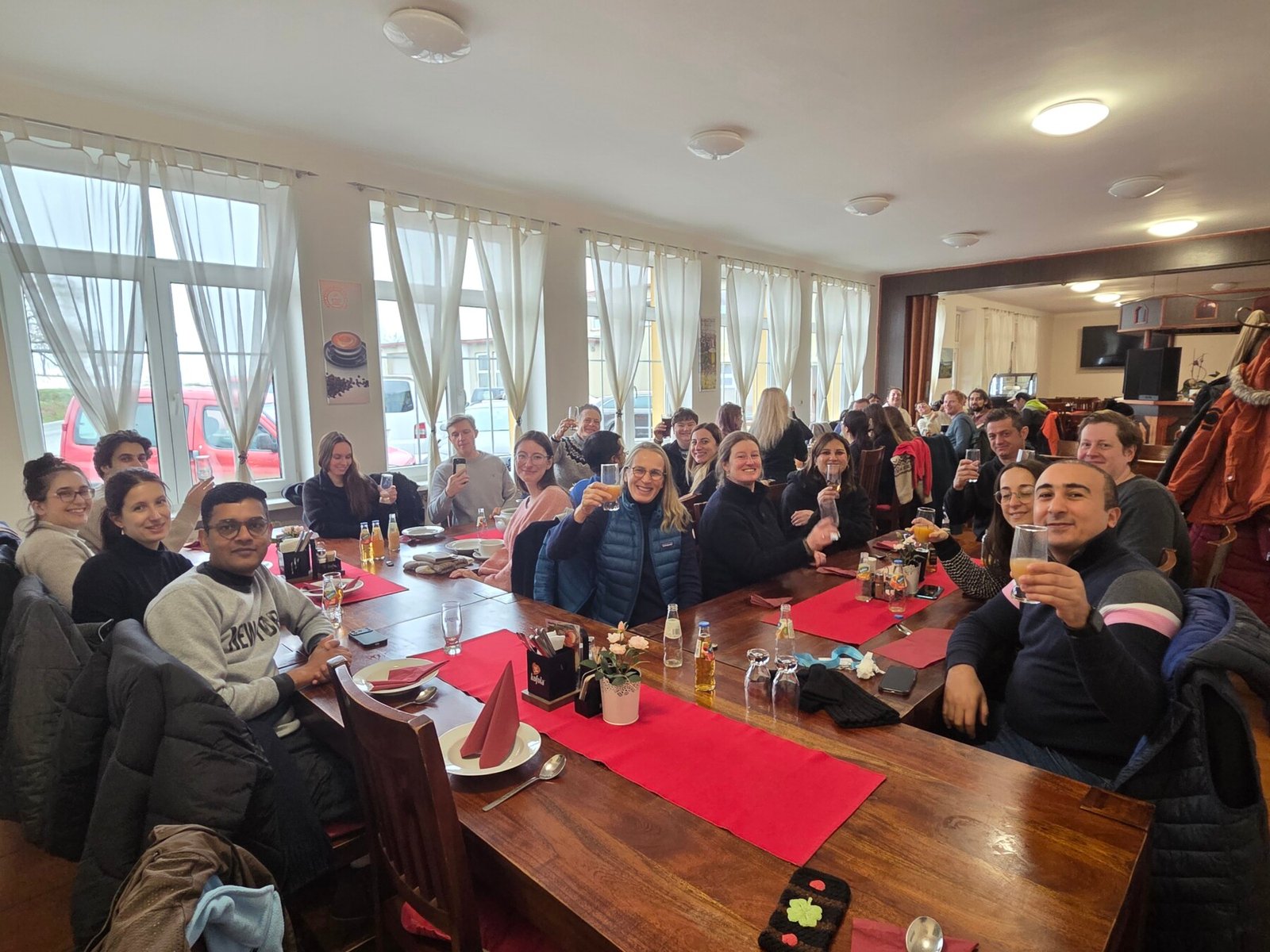
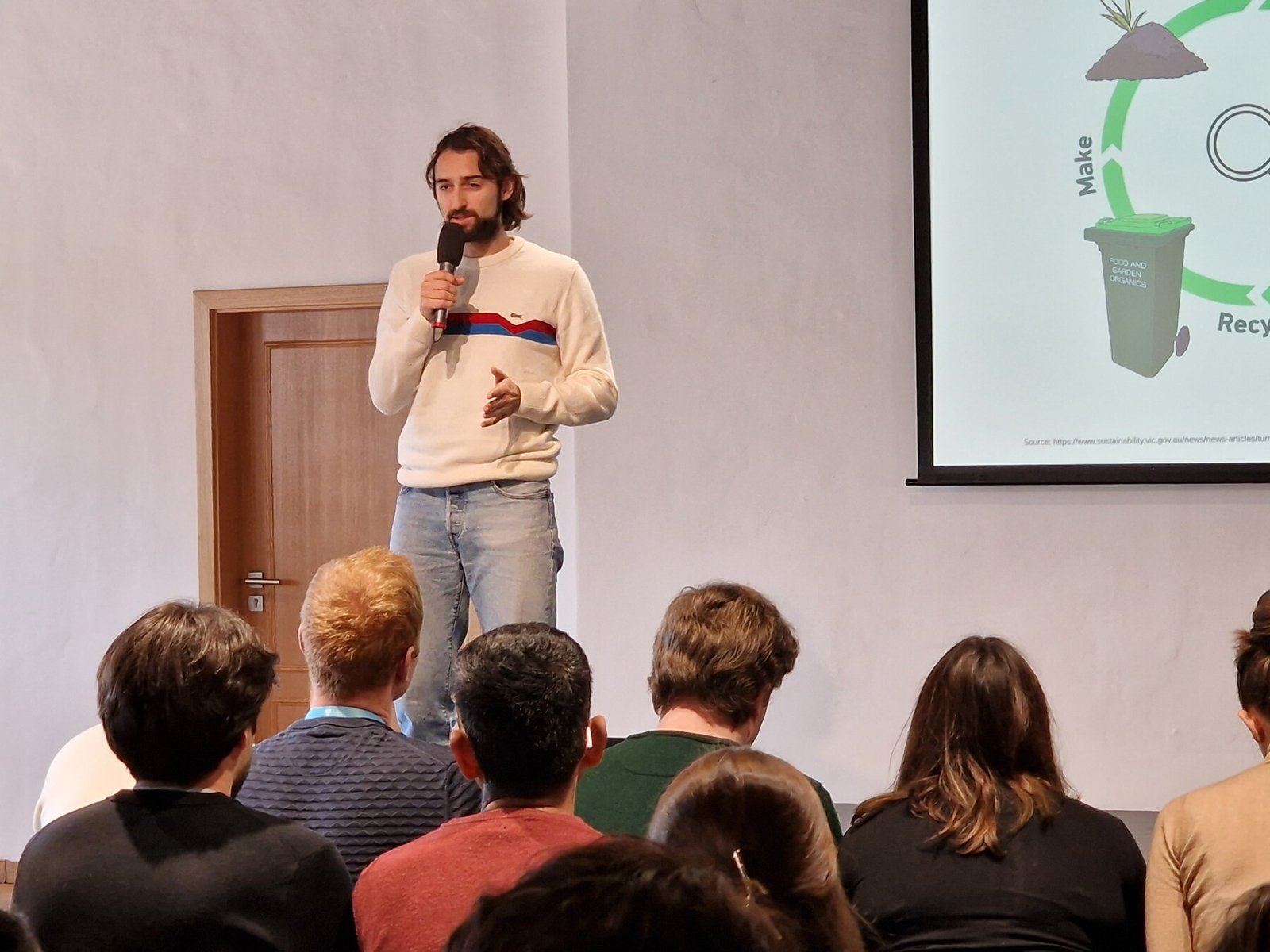
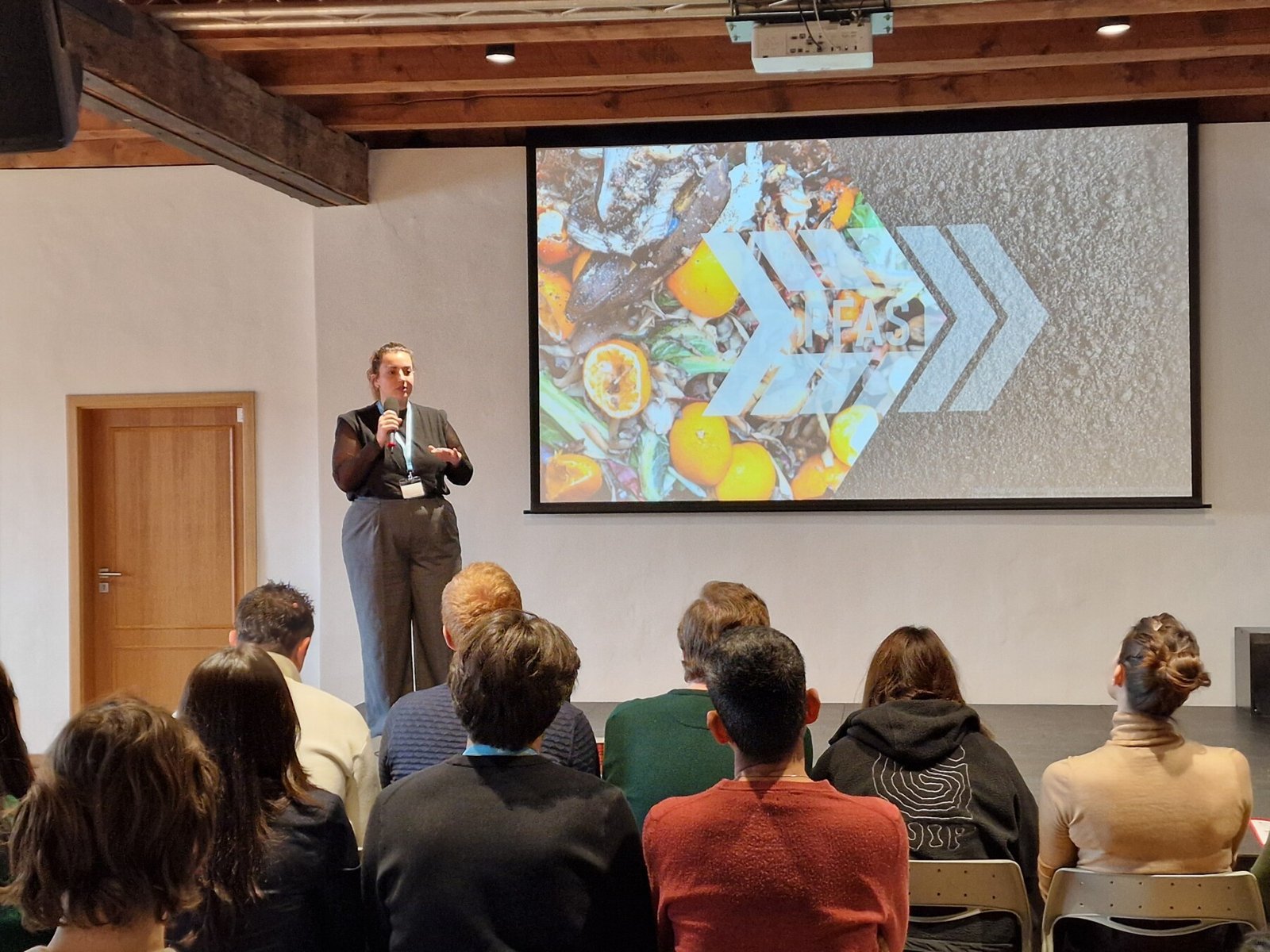
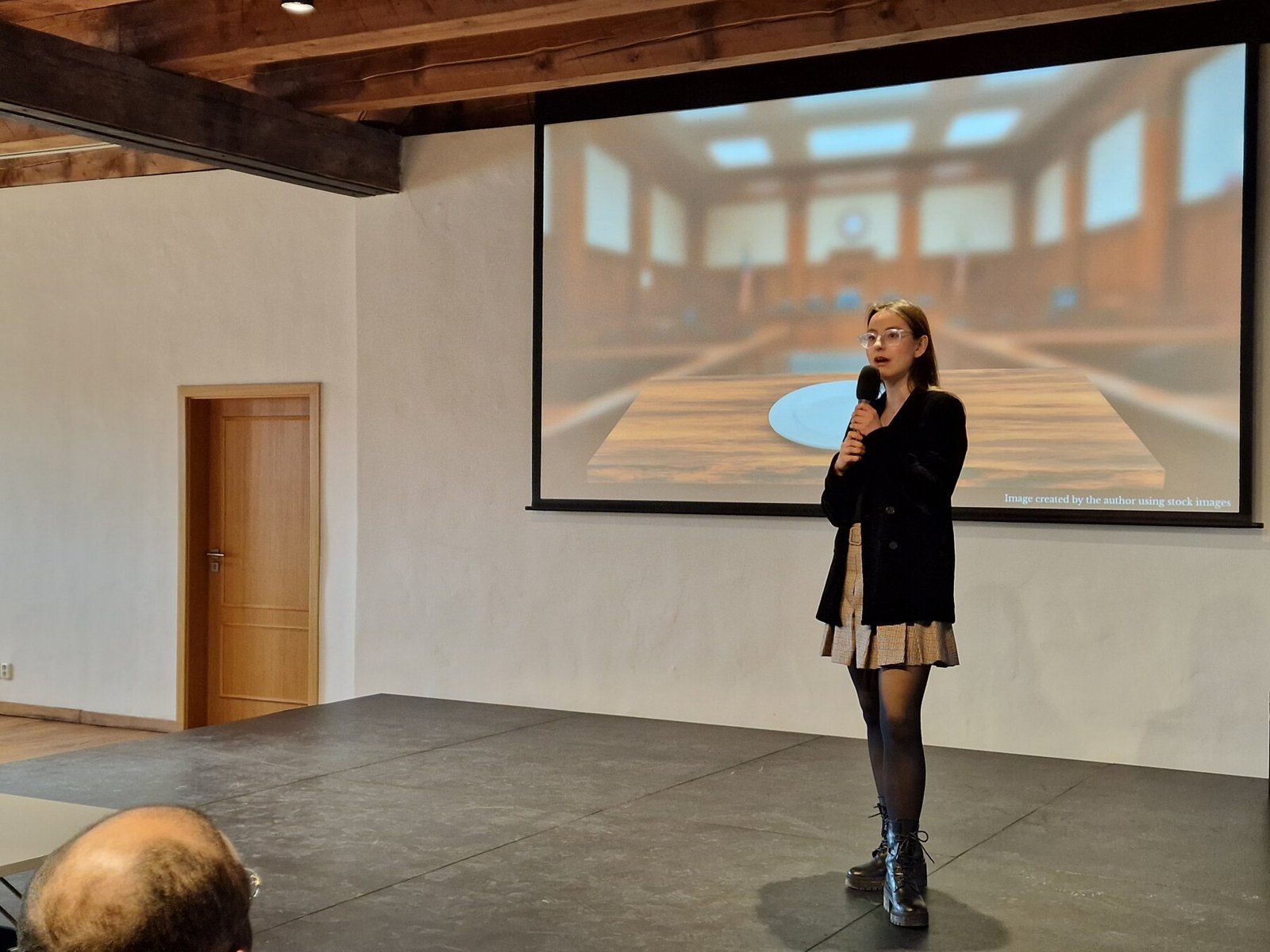
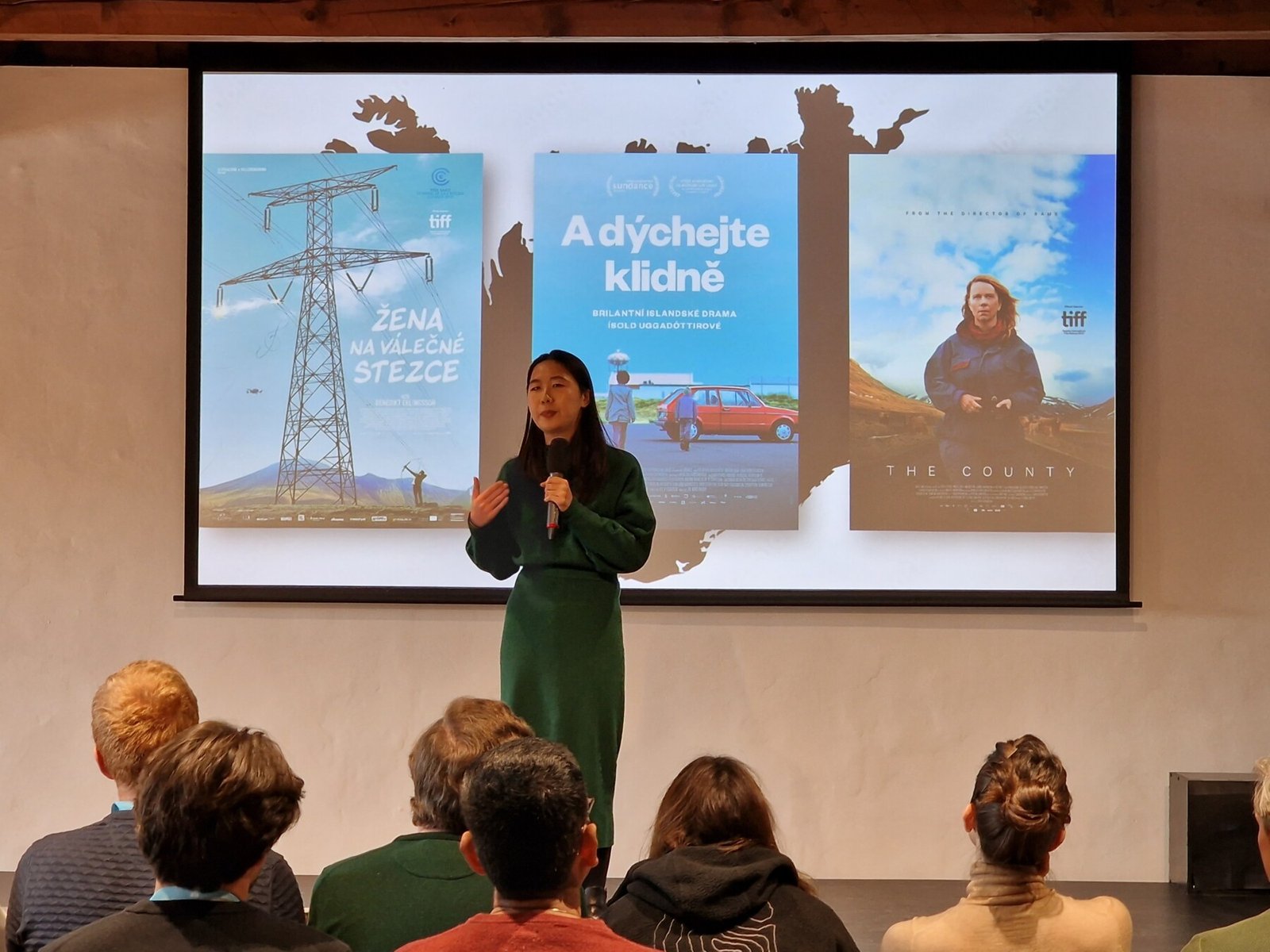



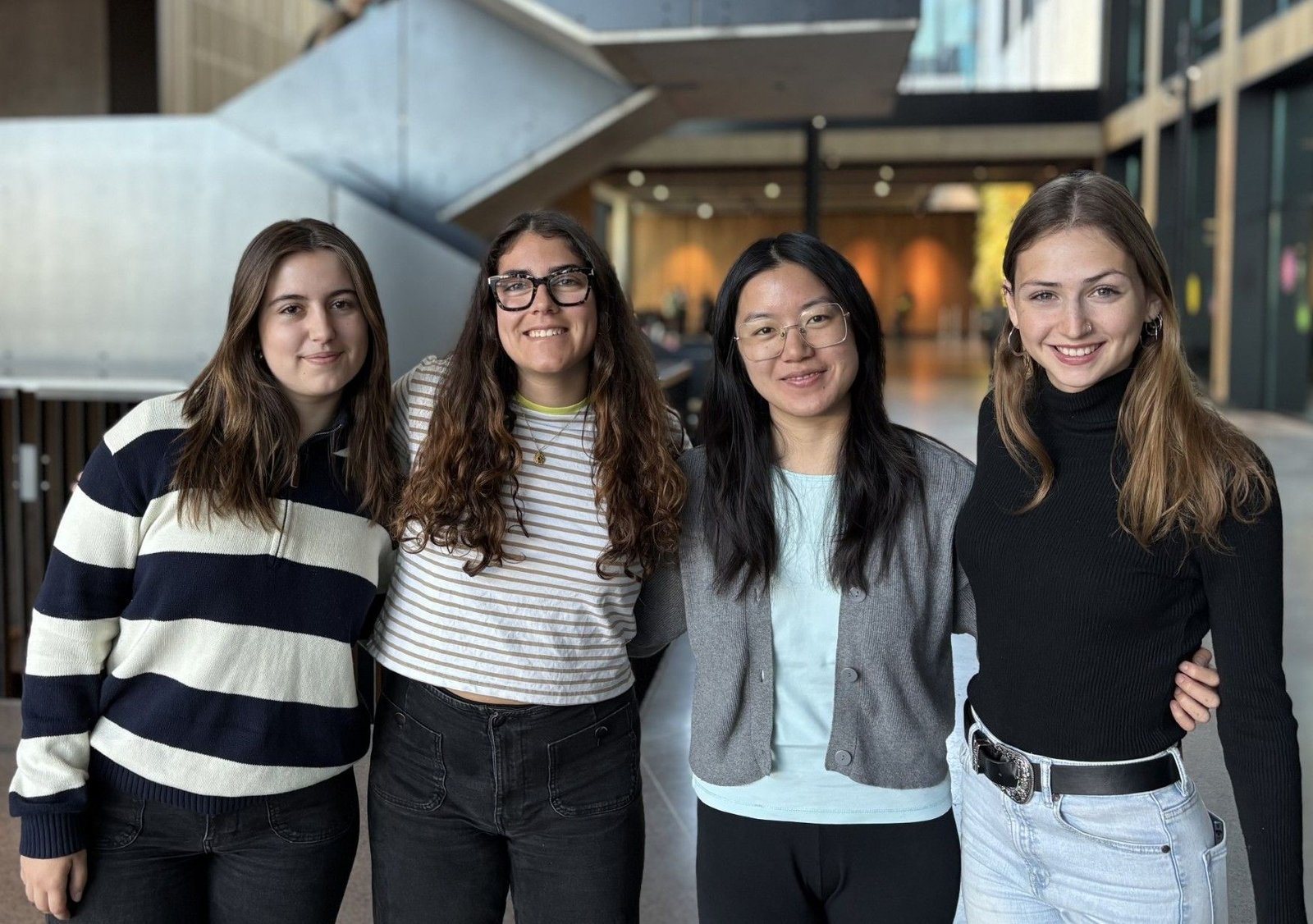
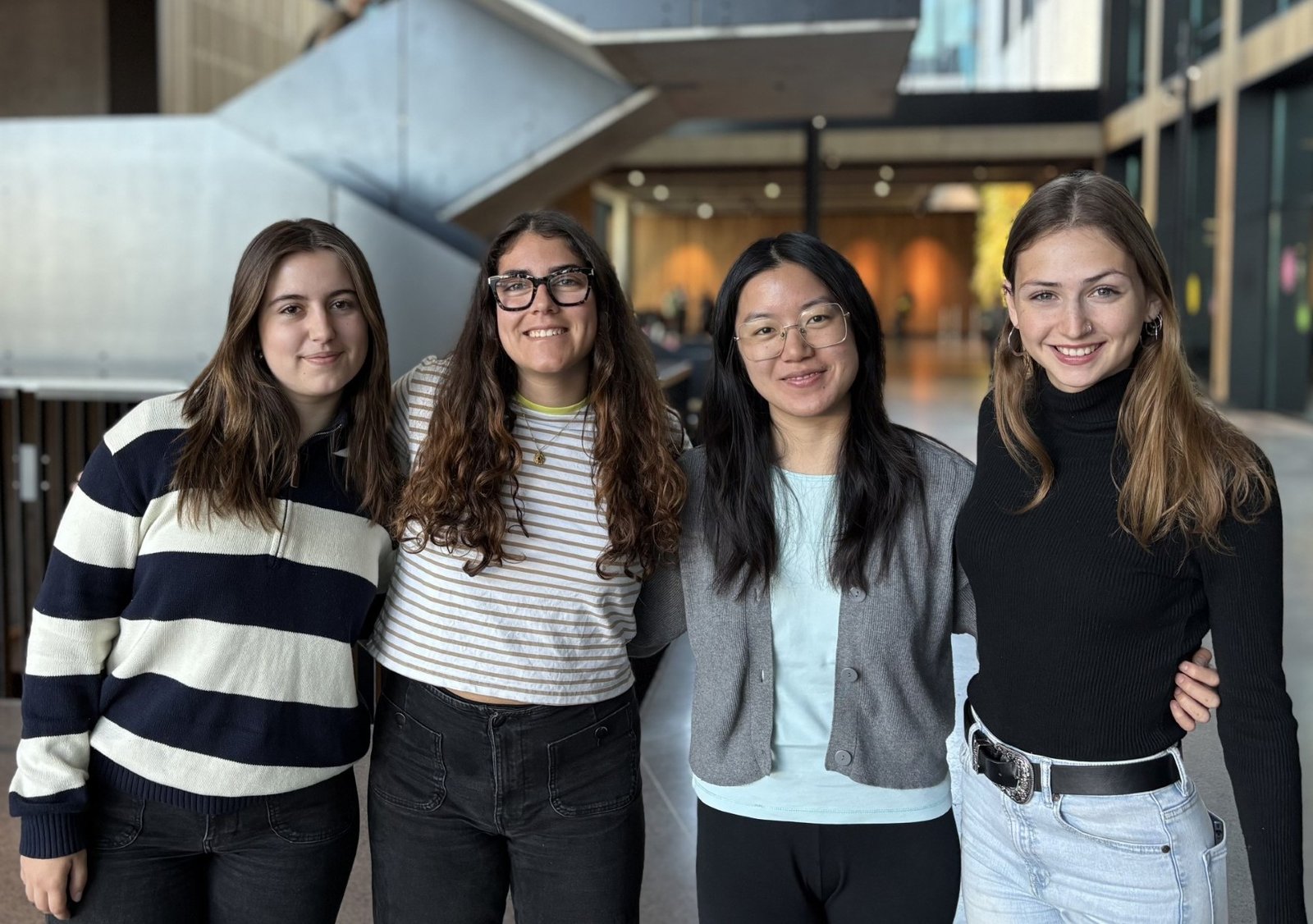 From left to right: Natalia Rodríguez, Laia Daura, Mireia Mei and Ruth Prats, during their visit to Reykjavík, Iceland
From left to right: Natalia Rodríguez, Laia Daura, Mireia Mei and Ruth Prats, during their visit to Reykjavík, Iceland

